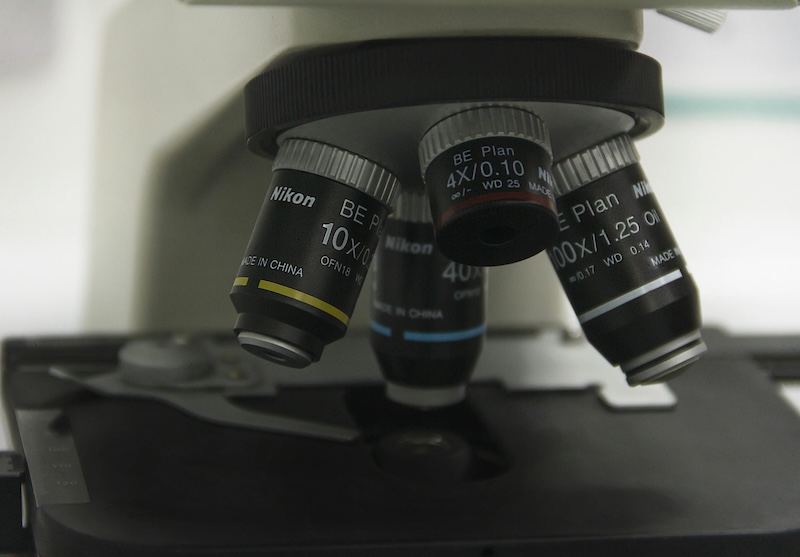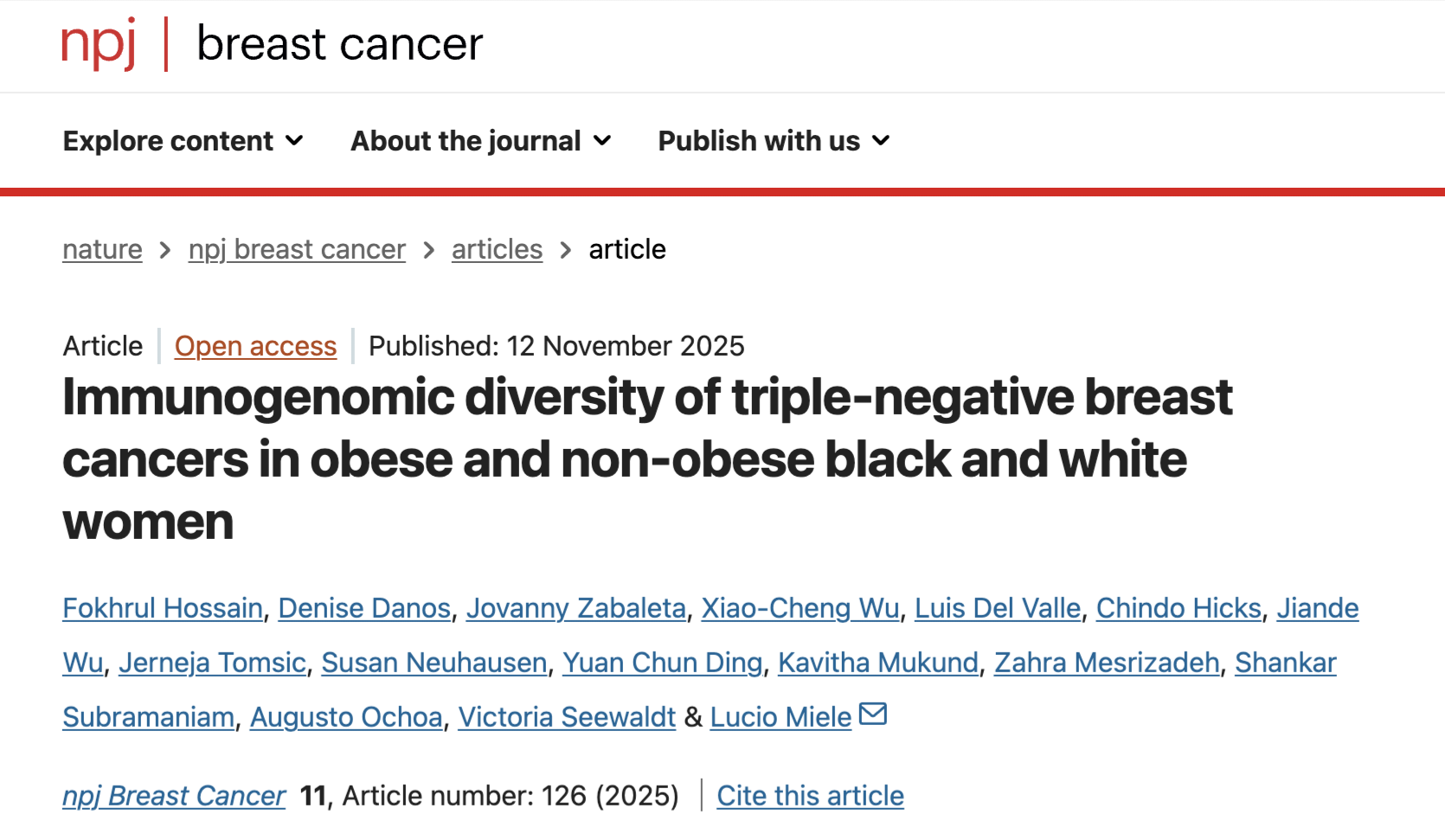
Startup Advances to Clinical Trials of Breast Cancer Therapy
A New Orleans startup is well on its way in the race to improve breast cancer hormonal therapies. Zenopharm, a small research firm led by Dr. Guangdi Wang recently received a $4 million investment to fund a phase 1 clinical trial of research drug ZB716 for patients with ER+/HER2 metastatic or advanced breast cancer. Dr. Wang is Principal Investigator and Program Director of Xavier’s RCMI Cancer Research Center and a Louisiana Cancer Research Center (LCRC) faculty member.

ZB716 is an improved alternative to Fulvestrant, long considered the gold standard of therapies to inhibit cancer-causing proteins called estrogen receptors that trigger the spread of cancer cells. Although it is a safe and effective drug, Fulvestrant is not tolerated by some patients and can only be administered via injection of long releasing depot and is limited by its poor bioavailability.
Worldwide competition is fierce to develop the first oral selective estrogen receptor degrader (SERD).
Dr. Wang believes ZB716 will prove to be an effective oral SERD. So does its major new investor.
The discovery caught the eye of investors at Enhanced Bio, a Korean-based drug development company, which sent representatives to New Orleans in early 2020 to enter into a collaborative agreement with Zenopharm. Enhanced Bio has funded the first phase of clinical trials to begin in 2021 at a site in Seattle and two in South Korea.
Dr. Wang’s team set out to develop a drug that he says “maintains the same approach[as Fulvestrant] but with a better weapon.” They focused on developing an oral drug whose dosages could be tailored to each patient. Because it has better bioavailability, ZB716 can also reach more cancerous tissues resulting in a more immediate impact on patient survival.
“We tweaked the molecule to retain the strongest part of [Fulvestrant’s] pharmacological action,” Dr. Wang explained. “But with ZB716 we can adjust the oral dose so that it has a higher drug exposure level.”
The patented discovery culminates 25 years of breast cancer research by the Xavier University team, which has relied on collaborative input from his LCRC colleagues. “You have to have collaboration to complement your skill set, especially in the early development,” Dr. Wang insisted. He is grateful for input from LCRC faculty members Dr. Lucio Miele, head of genetics at the Stanley S. Scott Cancer Center at LSU Health New Orleans, Matthew E. Burow, PhD, at the Tulane Cancer Center Program and Bridgette Collins-Burow, MD, PhD, also at Tulane School of Medicine. The New Orleans Bioinnovation Center has provided crucial business consulting support.
“I am cautiously optimistic,” Dr. Wang says, acknowledging the highly competitive arena he is working in. “Our approach is very different. There are SERDS in clinical trials but none has been granted FDA approval,” he says. “There is still a window of opportunity for us to prove that our drug is safe and effective, and reach the clinic in the end.”




